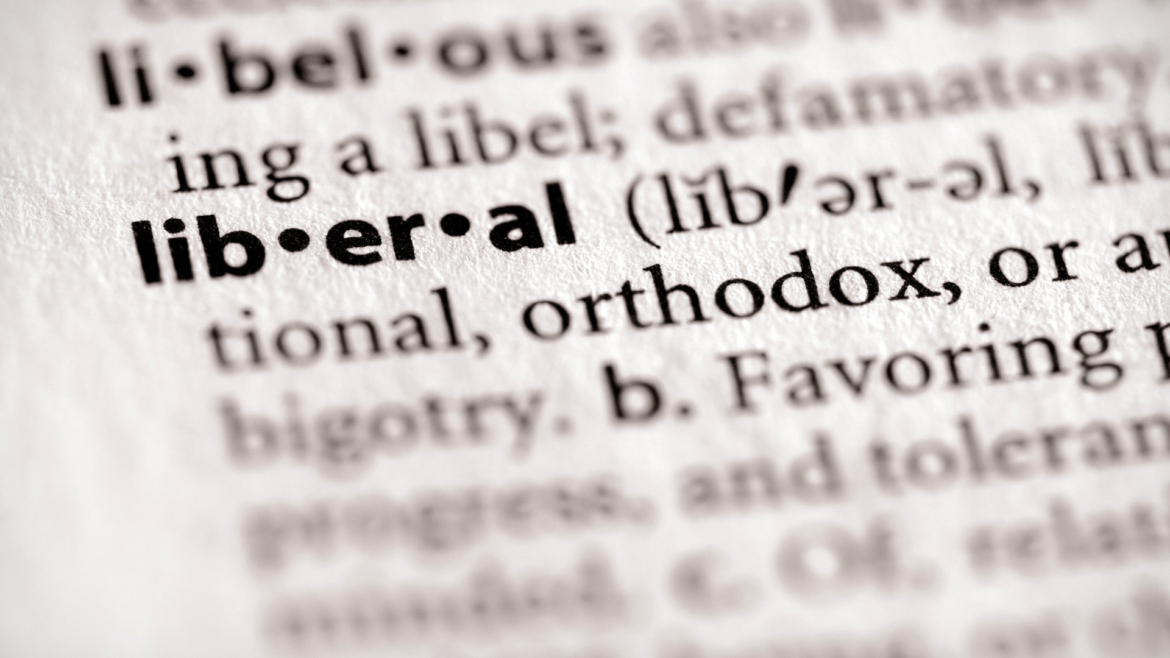Marta opens her bakery, built with her savings, every morning at six. Marta pays her taxes. One day, when someone damaged her shutter and stole her cash, she went to the police, asking for justice, not special treatment. Marta doesn’t want handouts. She just wants what’s hers not to be taken away. She just wants the freedom to make decisions for her own life.
She doesn’t call herself a liberal, but deep down, she is. Like Marta, we all unconsciously value four fundamental pillars of free trade; equality before the law; private property; and personal freedom. They are universal, liberal values.
Free Trade
Human beings do not live in isolation. We associate to produce and to trade. No individual can reach their goals without using material means, and nature doesn’t deliver things exactly as we need them. That’s why we produce. And in doing so, we discover that working together is more efficient than working alone.
Marta chose to be a baker. Her freedom to choose her vocation means no one can force her to be something else. That same freedom of professional choice exists in all of us: from digital freelancers to carpenters.
Not only does Marta own what she buys, she also owns the things she uses to make her products: the oven, the flour, the dough. she has the right to use and manage her tools.
But making things isn’t enough. She also needs to be able to sell them. Marta wants to sell under the conditions she agrees on with her customers, without anyone else telling her how, when, or how much she should charge. The deal should only involve her and the customer. To take away her right to buy and sell freely—without pressure or interference—is to limit trade as well as her right to voluntary exchange.
Without legal equality, conflict arises. When some groups receive special treatment and others are left to deal with the costs, social peace breaks down. Those without privileges often face unfair rules, harsher penalties, or fewer opportunities. A society without equal rules becomes one where some stand above the law.
Equality Before the Law
If Marta was robbed, she wouldn’t ask for special treatment, only justice. That the law act as it would for anyone else. That simple request reflects one of the foundations of liberalism: legal equality.
Liberalism sees every human being as a legal subject, with equal dignity and the equal rights. This means that, legally speaking, we must all be subject to the same rules, without privileges or special penalties.
This idea—seemingly obvious—is not always respected. Throughout history, many groups have enjoyed legal advantages at the expense of others. Liberalism has always fought that inequality. For example, against the hereditary nobility in the past, and the special treatment given today based on group identity.
When some enjoy privileges, those who don’t are disadvantaged, threatening the breakdown of social peace. A society without equal rules becomes a society where some rule above the law.
That’s why liberals also reject “positive discrimination”. You don’t achieve equality by transferring privileges. Legal equality is not statistical balance—it’s impartial treatment, without labels.
It frustrates us when someone gains advantages because of their surname, position, or political affiliation. Even without knowing it, we all want a world where the rules are the same for everyone, no exceptions.
Private Property
Marta doesn’t just want respect for her work. She wants her private property to be respected. No one has the right to take it, use it, or damage it without her permission.
All our life plans—from the most material to the most spiritual—require resources. Even meditating needs time, space, and energy. But resources are scarce. If someone uses them, it prevents someone else from doing so at the same time. To coexist, we need to recognise who has rights to what.
Property rights mean that you can use what you own, keep others from using it, and get compensated if someone damages it. You can change it, destroy it, or earn money from it without interference.
These aren’t arbitrary rules. They’re what allow someone to plan, invest, save, exchange, and take responsibility. Without property, there is no freedom. Without freedom, there is no responsibility.
We resent it when someone uses what’s ours without permission. We feel wronged when we’re stripped of what we’ve earned. We recognise the importance of private property. Like Marta we should all defend it.
Personal Freedom
There’s something even deeper that Marta defends every day without realising it: her freedom to live as she pleases. To choose what to do, how to do it, and with whom. That’s the core of personal freedom. This is sometimes referred to as a negative right
In a free society, the most fundamental rights are negative. They protect our personal space. They ensure that no one forces us to act, think, or live in a certain way.
Respecting someone’s freedom isn’t just about not stealing or not attacking. It’s also about not imposing our morals or lifestyle on others, even if we think it’s “for their own good.” You can’t force someone to be virtuous, or ban what you find wrong, if it doesn’t harm anyone else.
The only real freedom is to live how we see fit, even if we make mistakes. That’s what Marta exercises when she opens her bakery each morning and decides what to sell, how to dress, and whom to hire. And that’s what you do every time you choose without imposition.
You don’t need to declare yourself a liberal to be one. Just look at how you live. If you’re like Marta, you’re already a liberal; you just don’t know it yet.
This piece solely expresses the opinion of the author and not necessarily the magazine as a whole. SpeakFreely is committed to facilitating a broad dialogue for liberty, representing a variety of opinions. Support freedom and independent journalism by donating today.
